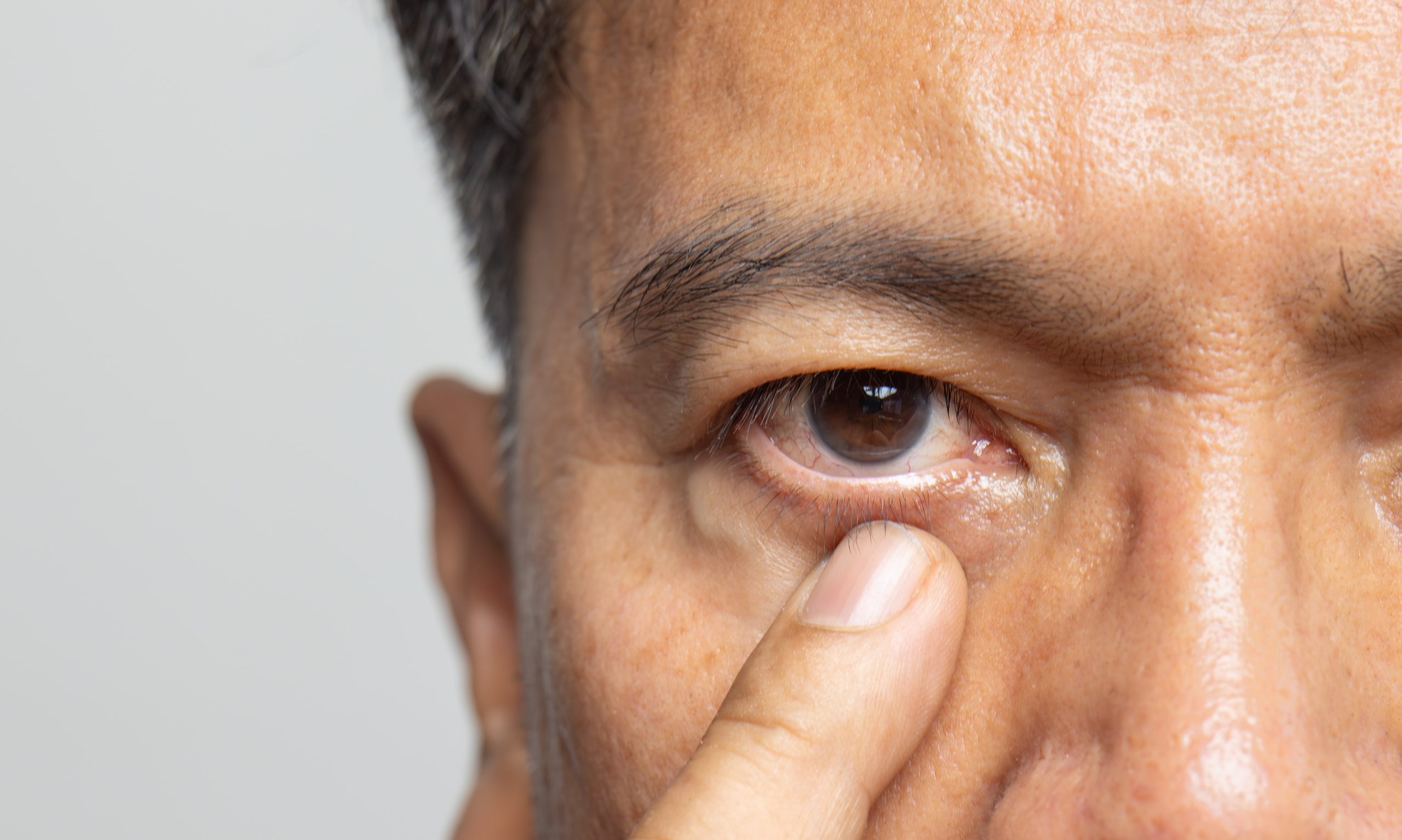Macular Edema After Cataract Surgery: What You Should Know
Submitted by Michael J. Elman, M.D. on July 15, 2025

Cataract surgery is one of the most performed and successful procedures in eye care. However, like any surgery, it carries a small risk of complications, one of which is macular edema. Also known as cystoid macular edema (CME), this condition involves swelling in the central part of the retina (AKA the macula), which can blur vision and delay visual recovery after surgery. In this blog, the retinal specialists at Elman Retina Group in Baltimore explain why this happens and how you can recognize symptoms early to seek appropriate care.
What Causes Macular Edema After Cataract Surgery?
Macular edema occurs when fluid collects in the macula, the part of the retina responsible for sharp central vision. After cataract surgery, inflammation in the eye can cause tiny blood vessels in the retina to leak, leading to swelling in this delicate area. This is more likely to occur in patients with diabetes, uveitis, retinal vein occlusion, or a previous history of macular disease. However, it can also affect patients without underlying conditions.
When Does It Happen? And What Are the Symptoms?
Cystoid macular edema typically develops within weeks of cataract surgery, though it can occur later. Many patients do not notice symptoms right away, especially if the swelling is mild. Potential symptoms include blurry or wavy central vision, difficulty reading, or reduced clarity that doesn’t seem to improve after surgery.
Routine follow-up appointments are important for monitoring vision and detecting early signs of macular swelling. If macular edema is suspected, imaging tests like optical coherence tomography (OCT) can confirm the diagnosis and guide treatment.
How Is It Treated?
Fortunately, macular edema after cataract surgery is a treatable condition. In mild cases, anti-inflammatory eye drops (such as corticosteroids or nonsteroidal anti-inflammatory drugs) may be enough to reduce swelling and restore vision. If the condition persists or significantly affects vision, additional treatments such as steroid injections or other medications may be necessary.
Most patients respond well to treatment, and vision typically improves as the swelling subsides. However, early diagnosis and consistent follow-up care are key to preventing lasting damage to the retina.
When to See a Retina Specialist
If you experience blurred or distorted central vision after cataract surgery, especially if it doesn’t improve with time, it’s important to consult a retina specialist. At Elman Retina Group, our team uses advanced retinal imaging and personalized treatment strategies to manage macular edema and protect long-term vision.
Prompt care makes a lasting difference in your visual outcome! To schedule a consultation or follow-up evaluation, contact us in Baltimore, Pikesville, and Glen Burnie, MD at (410) 686-3000 today.



